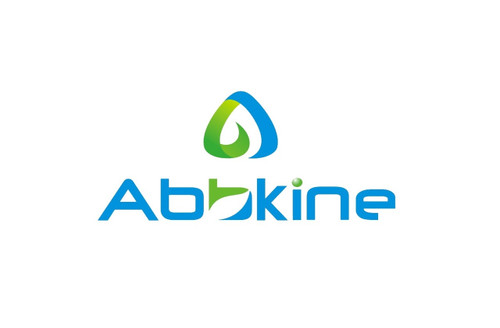Product Description
Bovine Methionine synthase reductase (MTRR) ELISA Kit | AE60388BO | Abebio
Species Reactivity: Bovine (Bos taurus; Cattle)
Abbreviation: MTRR
Alternative Name: MGC129643; MSR; cblE; [methionine synthase]-cobalamin methyltransferase (cob (II) alamin reducing) |methionine synthase reductase
Application: ELISA
Range: 0.625-40 ng/mL
Sensitivity: 0.278 ng/mL
Intra-Assay: ≤6.8%
Inter-Assay: ≤9.2%
Recovery: 1, 02
Sample Type: Serum, Plasma, Other biological fluids
Detection Method: Sandwich
Analysis Method : Quantitive
Test Principale: This assay employs a two-site sandwich ELISA to quantitate MTRR in samples. An antibody specific for MTRR has been pre-coated onto a microplate. Standards and samples are pipetted into the wells and anyMTRR present is bound by the immobilized antibody. After removing any unbound substances, a biotin-conjugated antibody specific for MTRR is added to the wells. After washing, Streptavidin conjugated Horseradish Peroxidase (HRP) is added to the wells. Following a wash to remove any unbound avidin-enzyme reagent, a substrate solution is added to the wells and color develops in proportion to the amount of MTRR bound in the initial step. The color development is stopped and the intensity of the color is measured.
Product Overview: Methionine is an essential amino acid required for protein synthesis and one-carbon metabolism. Its synthesis is catalyzed by the enzyme methionine synthase. Methionine synthase eventually becomes inactive due to the oxidation of its cob (I) alamin cofactor. MTRR encoded by this gene regenerates a functional methionine synthase via reductive methylation. It is a member of the ferredoxin-NADP (+) reductase (FNR) family of electron transferases. Patients of the cbl-E complementation group of disorders of folate/cobalamin metabolism are defective in reductive activation of methionine synthase. Alternative splicing of this gene results in multiple transcript variants encoding distinct isoforms.
Stability: The stability of ELISA kit is determined by the loss rate of activity. The loss rate of this kit is less than 5% within the expiration date under appropriate storage condition. The loss rate was determined by accelerated thermal degradation test. Keep the kit at 37°C for 4 and 7 days, and compare O.D.values of the kit kept at 37°C with that of at recommended temperature. (referring from China Biological Products Standard, which was calculated by the Arrhenius equation. For ELISA kit, 4 days storage at 37°C can be considered as 6 months at 2 - 8°C, which means 7 days at 37°C equaling 12 months at 2 - 8°C) .
 Euro
Euro
 USD
USD
 British Pound
British Pound
 NULL
NULL








